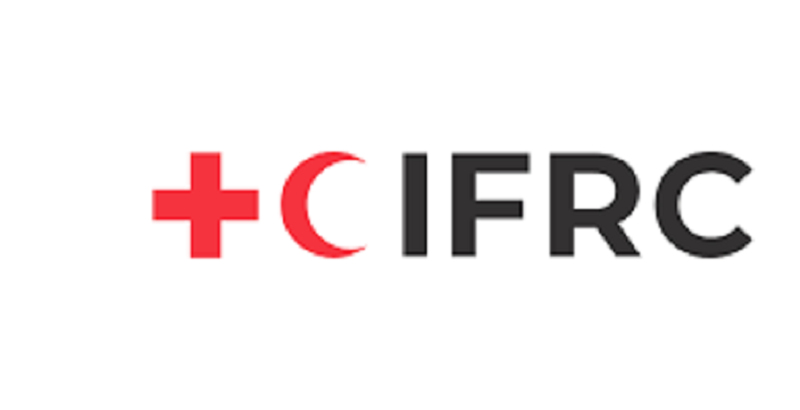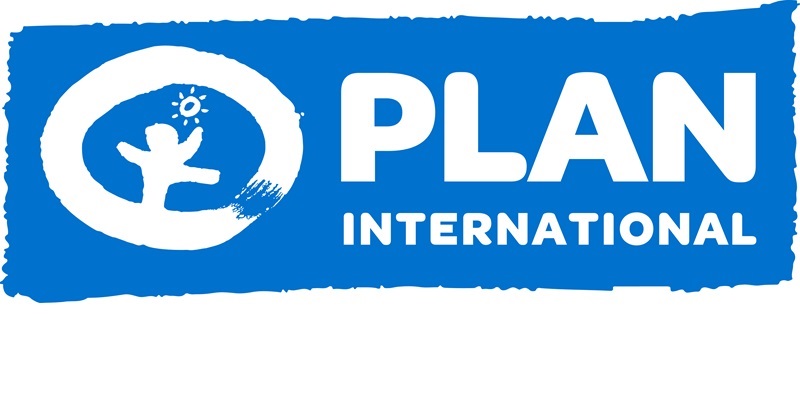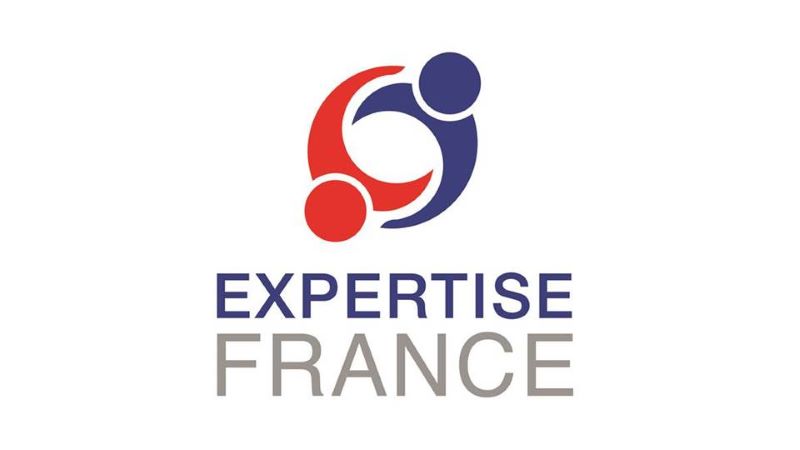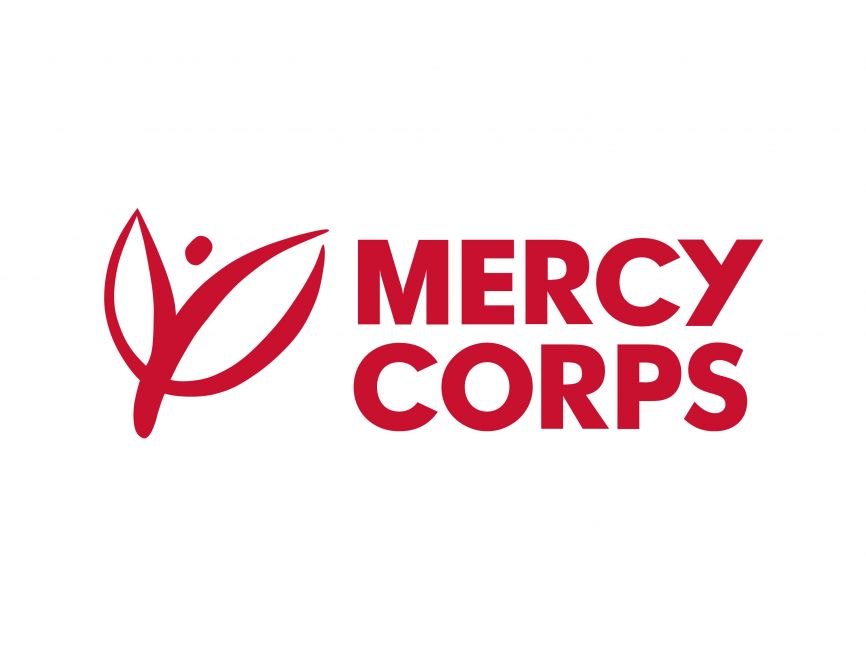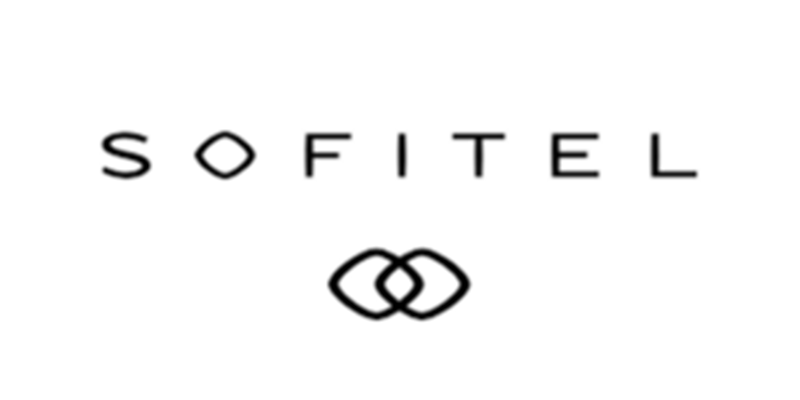La Fédération internationale des Sociétés de la Croix-Rouge et du Croissant-Rouge (FICR) est la plus grande organisation humanitaire du monde, avec 192 Sociétés nationales membres. Faisant partie du Mouvement international de la Croix-Rouge et du Croissant-Rouge, notre travail est guidé par sept principes fondamentaux : humanité, impartialité, neutralité, indépendance, volontariat, unité et universalité.
Poste 1 : Senior Officer, Communications
Organizational Context
Job Purpose
The Senior Communication Officer will:
- Develop regular and quality communication materials related to the Nigeria operations (written and video).
- Ensure the effective communication of the IFRC/NRCS operations in various medio channels.
- Assist newsletters writing and visual materials.
- Support the National Societies and IFRC in communicating during emergencies, to develop deeper, more diverse and innovative strategic partnerships which could lead to multiyear thematic funding
Job Duties and Responsibilities
Develop, coordinate and implement communication plans for West Africa that support programmatic and policy priorities and aligns with regional communications priorities and initiatives:
- For each emergency operation or advocacy opportunity, develop a brief but clear communication plan highlighting the communication objectives, the audiences, tools and deliverables, among other items.
- Evaluate the success rate of every communication plan through media monitoring and social media analytics.
Strengthen the network of National Societies’ communications focal points in the cluster:
- Conduct a mapping of qualifications and competencies in communication in the sub-region
- Recommend and implement strategic interventions to address the identified needs and challenges
- Update the database of communications focal points and ensure a continuous engagement through online platforms, telephone and where possible through face-to-face meetings
- Support the National Society in identifying key humanitarian issues to be addressed to the public, media and donors on the situation on the ground and the humanitarian response
Write stories profiling the achievements of National Societies, with a focus on the impact on individual lives:
- Increase the frequency of stories published on the organizational social media and other online platforms
- Improve the quality of storytelling: focusing on people-centered stories
- Use evidence-based approach to showcase the impact of the work on National Societies and IFRC
- Facilitate National Society and IFRC in pitching media stories and professionally handling media inquiries with broadcast, print and online media/social media.
- Work closely with the IFRC team to produce facts and figures, key messages, reactive lines and promote different IM products
Support emergency communication and work on the implementation of the emergency communication rapid deployment mechanism:
- In collaboration with the regional and global teams, identify and propose proactive and timely media opportunities, aimed positioning IFRC as a leading humanitarian actor.
- Establish quick contact with the National Societies affected by disasters, to ensure speedy communications, online and in the media, with the ultimate goal of being ahead of other humanitarian organizations. Write stories and interviews during emergencies and provide basic audio-visual material
- Draft communication packs with key material (facts and figures, key messages, press releases etc)
- Liaise with Africa regional DREF officer(s) and regional communications manager to identify DREFs to provide visibility to; follow up with affected National Society for visibility materials
- In collaboration with the National Society, work on advocacy messages to address the different issues linked to the current operation.
Media monitoring:
- Monitor news and provide a news digest on a daily basis
- Identify any issues that affect the organization’s reputation
- Maintain and update the media directory
- Stay in touch with a relevant regional media house
- Pitch stories and secure interviews from key media outlets
- Maintain a database of photographers
Operate as a member of IFRC’s Regional Communications Team to advance corporate communications priorities and support a coordinated corporate approach to communications.
- Join regular regional communication editorial meetings, in order to discuss potential stories in the cluster, which have an international appeal.
- Join online collaboration and editorial platforms for exchange about topics related to communications, as well as for information and content sharing.
Education
- Relevant University degree in journalism, communications, marketing or international policies
- Master of Arts in Communication Science
Experience
- At least 5 years of experience working as journalist/press officer and/or Communications/Policy Officer
- Experience in managing communications issues in complex and delicate situations
- Experience in building media contacts
- Experience in emergency response
- RC/RC experience
Knowledge, skills and languages
- Self-supporting in computers
- Knowledge of social media and related trends
- Knowledge of humanitarian affairs
- Ability to negotiate with varying partners
- Ability to multi task and work under pressure
- Good analytical skills
- Good knowledge of the operational context and area
- Flexibility and ability to travel in the operation’s areas
- Fluent in written and spoken English is required
- Fluent in written and spoken French is preferred
Competencies and values
- National Society relations
- Communication – Teamwork
- Professionalism – Integrity – Diversity
- Judgement-Decision-making
- Results focus and accountability
Cliquez ici pour plus d’informations
Date limite : 15/08/2021
poste 2 : Delegate, Inter-agency Information Management
Job Purpose
The Interagency Regional Information Management Delegate for West and Central Africa, Risk Communication and Community Engagement (RCCE) will support the Regional RCCE Technical Working Group and the community feedback sub-working in data collection, analysis, visualisation, sharing and mapping.
The focus of the IM delegate will be to ensure guidance, coaching and capacity building for developing and rolling out RCCE data processes (with focus on qualitative data), systems and tools in a coordinated manner across regions and countries. Ways to present the data for operational decision making and to help refine community engagement approaches will be developed and improved, including systematic sharing of the information with key partners and stakeholders engaged in the COVID-19 response.
Job Duties and Responsibilities
Information management support for the regional RCCE WG and the priority countries within the region
- Design and implement an Information Management Strategy and workplan for the RCCE TWG founded on an analysis of the current community engagement information landscape.
- Develop and maintain contact directories of Collective Service internal and external stakeholders.
- Compile and regularly update global 4Ws mapping based on regional and country mappings.
- Maintain close technical coordination with IM network (across partners) ensuring key learnings and developments are shared to enable greater IM for community engagement.
Data Analysis to improve situational awareness and support evidence-based planning and operations.
- Design, develop/adapt and manage RCCE COVID-19 related databases, spreadsheets and other qualitative/quantitative data tools/templates such as the necessary feedback data collection forms, coding system ensuring that the methodology, purpose and use of data collected is sound and clear.
- Initiate development of RCCE data Standard Operating Procedures tools and templates.
- Support regional RCCE coordination structures with more effective or efficient means of conducting needs assessments and perceptions surveys, simple community feedback data triangulation approaches, methods to triangulate feedback data across countries and summarise trends, as well as ways to visualise consolidated feedback data to help inform decision-making, etc.
- Coordinate with operational social science experts/groups on socio-cultural research; and synthesise/triangulate analysis to integrate key findings into response operations.
- Support the regions/countries (targeted support to National Societies) with collecting and managing qualitative research data (such as perceptions data and community insights/feedback) and relationship with epidemiological trends (COVID19 but also other diseases, outbreaks, health services use) to improve situational awareness and support evidence-based planning and operations and how it relates to community engagement.
- Identify products and processes to facilitate use of community feedback data to inform decisions.
- Identify and build capacity for creating/updating these products and processes, including qualitative data analysis principles and evaluation ethics, qualitative data interpretation and reporting.
- Provide qualitative data analysis training and technical assistance to staff and volunteers.
- Conduct a process evaluation of the collection and use of community feedback data.
Content Management through information sharing platforms to ensure timely and accessible content
- Develop and support a global inter-agency dashboard (connected to regional dashboards) to visualize evidence based on data coming from social research, community feedback, perception surveys and rumor tracking.
- Manage platforms and tools that support data collection and analysis, including sharing resources, tools and guidelines.
- Consolidate operational information on a regular schedule to support global COVID-19 related analysis and produce analytical products to inform decision-making at all levels.
- Data visualisation: Produce and update COVID-19 related RCCE information products and templates for regional adaptation such as interactive maps, static maps, reports, charts and infographics by turning RCCE data into graphical products to convey messages and a storyline.
Knowledge management to promote dissemination of knowledge and information
- Promote knowledge sharing through the Collective Service’s operational processes and systems by, among others, strengthening links between knowledge sharing and the information systems, and improving integration among information systems in the common service and broader RCCE coordination group, to facilitate seamless exchange of information across systems.
- Develop processes for capture, storage, validation and retrieval of knowledge; both within the Collective Service and externally with others.
- Promote collaborative tools to facilitate sharing of ideas and work among internal teams and external partners.
- Identify and mitigate risks working with the Data Protection Legal Advisor risks, harm or opportunities regarding the IM, data process and outputs.
Education
- Relevant university degree or higher education, preferably in management, social sciences or international development or demonstrated equivalent experience. Required
- Relevant Information Analysis or inter Agency analysis training. Required
- IFRC Emergency Needs Assessments and Planning (ENAP) training or relevant Inter Agency Needs Assessments related training. Preferred
- IFRC Humanitarian Information Analysis Course (HIAC) or relevant Inter Agency analysis related training. Preferred.
- IFRC Mobile Data Collection and Survey Design Training or relevant Inter Agency mobile data. Preferred.
Experience
- At least five (5) years of experience in humanitarian and health emergencies with experience in undertaking and managing health information and qualitative data analysis in operations (at least 3 years in the humanitarian/health emergencies field context). Required
- At least five (5) years of experience in humanitarian and health emergencies with experience in undertaking and managing health information and qualitative data analysis in operations (at least 3 years in the humanitarian/health emergencies field context). Required
- Experience within the Red Cross and Red Crescent Movement. Preferred.
- Experience in an international organization or NGO. Preferred
Knowledge, skills and languages
- Good understanding of – or training in – current developments in the field of behavioural and social sciences, research approaches.
- Basic understanding of social statistics.
- Demonstrated ability in manipulating large data sets and in using data analysis tools, with focus on qualitative data analysis.
- Good analytical skills and knowledge of quantitative, qualitative and participatory research methodologies and analysis.
- Proven Information Management and data skills in the areas of mobile data collection, data visualisation, including mapping and M&E.
- Demonstrated familiarity in using KoBo / Open Data Kit, QGIS, ESRI, Tableau and Illustrator
- Ability to get consensus and collaboration across many operational units; ability to explain complex concepts in layman’s language; ability to generate enthusiasm; ability to communicate with all levels of management and staff.
- Demonstrated excellent written and oral communication skills and the ability to clearly and accurately convey information.
Competencies and values
- Fluently spoken and written English and French. Required
- Good command of another IFRC official language (Portuguese, Spanish or Arabic). Preferred.
Comments
The Federation is an equal opportunity employer.
Cliquez ici pour plus d’informations
Date limite : 11/08/ 2021

